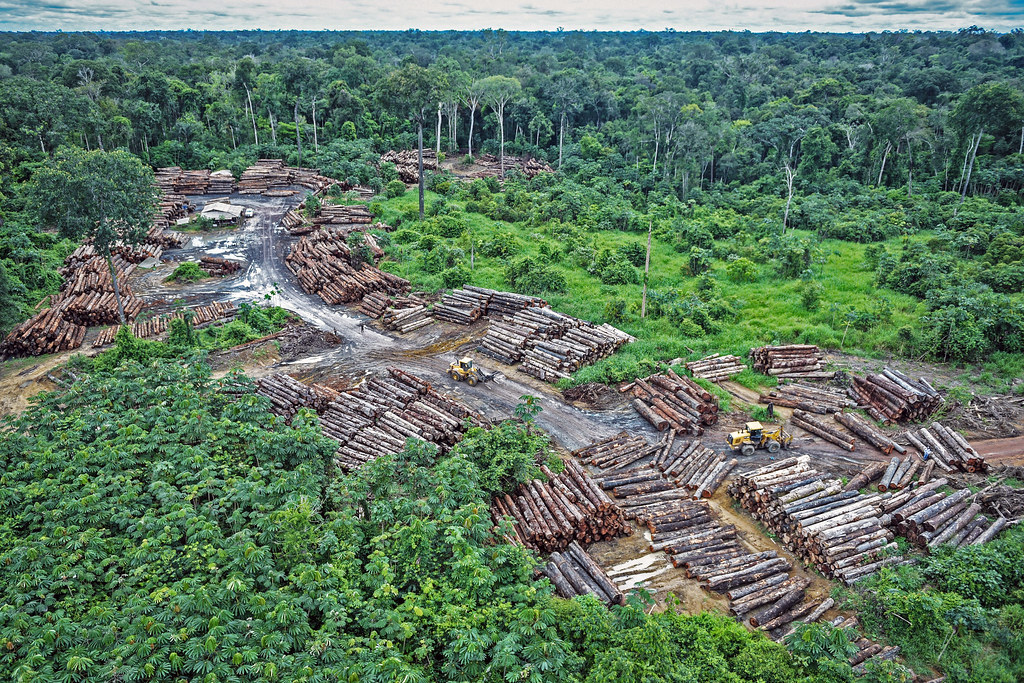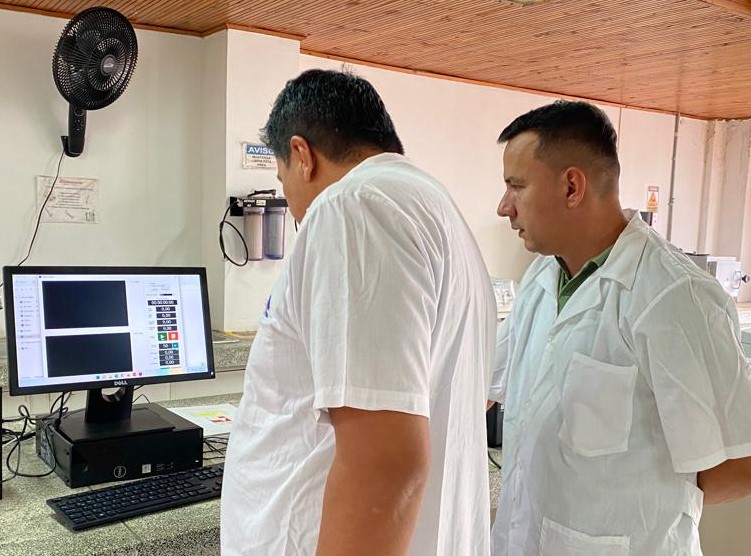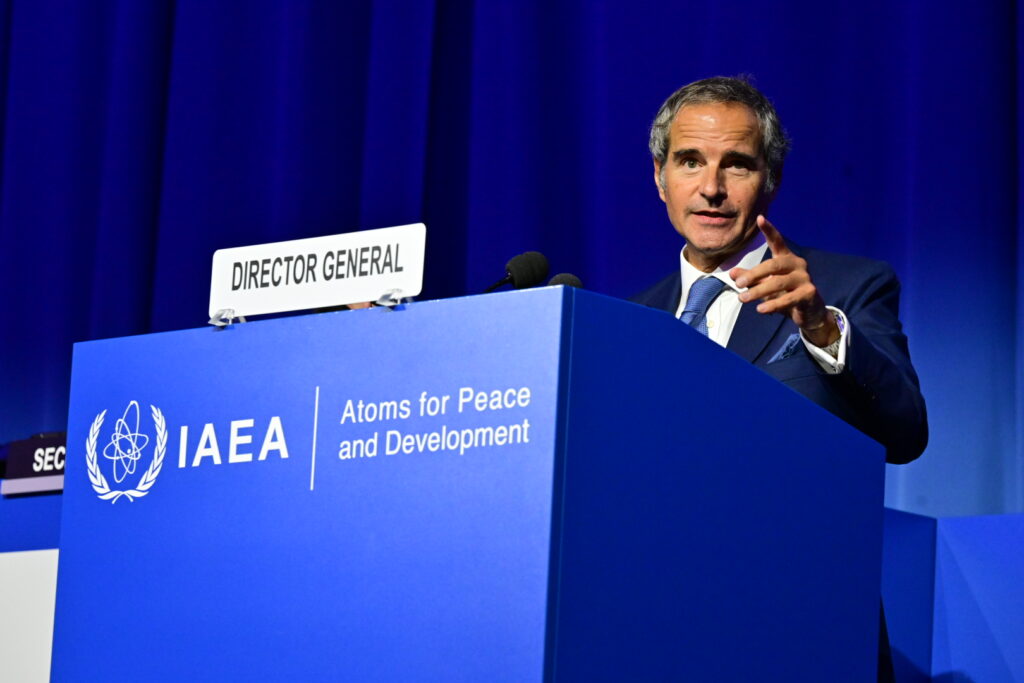Brazil emitted 9.6 percent more carbon emissions in 2019 than the previous year, according to a new study by Brazil’s Climate Observatory, which said the increase was directly tied to ramped up deforestation efforts in the Amazon.
The 2.17 billion tons of carbon dioxide that Brazil released into the atmosphere last year is the most since 2006, according to the study. President Jair Bolsonaro, who took office in January of 2019, has consistently come under scrutiny for loosening environmental protections and other regulations meant to curb the Amazon’s destruction. During his tenure, Bolsonaro has called deforestation “cultural” in Brazil and has said that it will never end.
The National Institute for Space Research reported that more than 300 square miles of Amazon rainforest were destroyed in the first three months of this year, which is up by 50 percent from the same period in 2019.
This intense uptick in deforestation has led to the higher emission numbers, said the study, which blamed nearly half of the country’s CO2 emissions directly on a vanishing rainforest.
“The significant increase in Brazilian emissions is happening because of the high rates of devastation in the Amazon and the disregard for the environmental policy that took place in the Bolsonaro administration’s first year,” said Ane Alencar, director of Science at the Institute of Environmental Research of the Amazon (IPAM). “The increase in emissions not only impacts our international relations but also threatens the reputation of our agricultural sector.”
The country’s per capita emissions also remain higher than the world average. Last year, the average Brazilian citizen emitted 10.4 gross tons of CO 2 and, compared to the global mean of 7.1 gross tons.
Brazil will now be unable to meet its CO2 emission goals set for this year and will likely not meet the 2025 goal barring a severe reduction in greenhouse gases.
“We are headed down a dangerous path,” said Tasso Azevedo, a coordinator with Brazil’s Greenhouse Gas Emissions Estimation System (SEEG for its Brazilian acronym), which helped organize the study. “Since the 2010 regulation of the national climate law, the amount of greenhouse gases that Brazil discharges into the air each year has increased by 28%. At its current pace, the country is unable to meet the 2020 target and is moving away from the 2025 target.”











